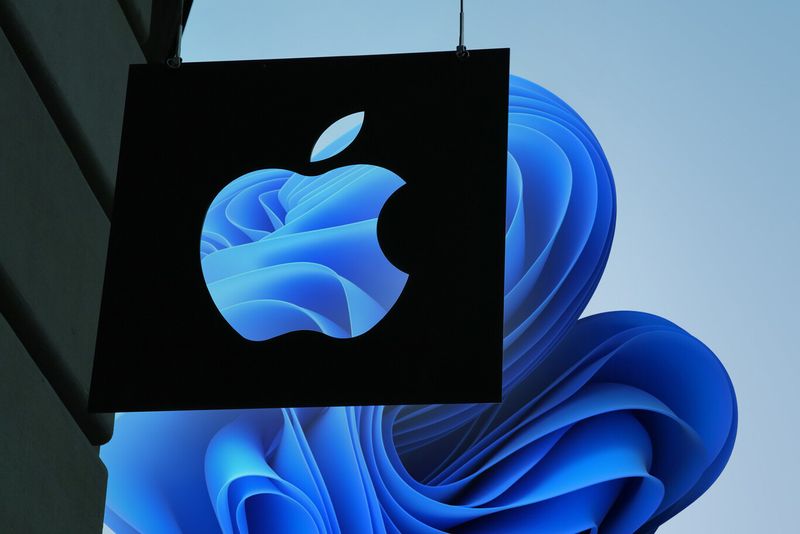The company has confirmed to The Register that in effect, virtualizing Windows 11 on Macs using Apple Silicon’s new M1 chips is not supported, and installing the system directly on the hardware is not supported either.
Windows 11 on ARM
Parallels itself already encountered its first problems a few days ago, version 17 of the virtualization software stopped working properly and was showing a hardware compatibility error with Insider versions of the Windows 11 Dev channel.

Parallels fixed the issue with update 17.0.1, particularly enhancing compatibility with Windows 11 for now. To run the new version of Windows on a Mac, you must use the ARM version, which isn’t as simple as it sounds.
Microsoft does not provide Windows 11 ARM ISOs for download, instead, it offers a VHDX image to users. Parallels have instructions on how to make the process as simple as possible.
This is a tough case that may potentially affect a small niche of people, but it’s one more for the tally of computers where installing Windows 11 will be impossible. The system, which is scheduled to become available for free on October 5th, will work with a small number of devices that have no significant vintage.





